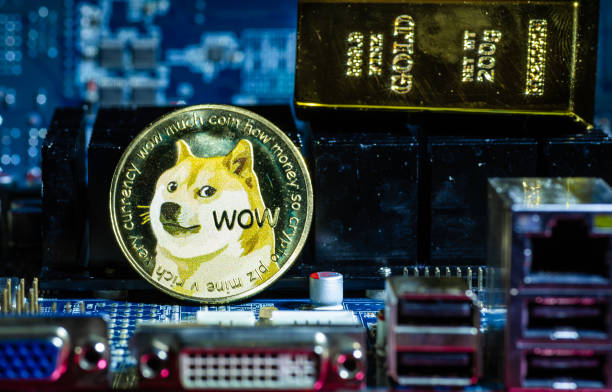Reason to trust

How Our News is Made
Strict editorial policy that focuses on accuracy, relevance, and impartiality
Ad discliamer
Morbi pretium leo et nisl aliquam mollis. Quisque arcu lorem, ultricies quis pellentesque nec, ullamcorper eu odio.
The cyber security threats against cryptocurrency exchanges are currently at an all-time high. As platforms continue to come under attack, the CEO of First Global Credit, Gavin Smith, has advised traders and exchange platforms to minimize risk by following better standards.
Smith asked the companies to reconsider their existing business strategies to ensure that their risks don’t outweigh potential benefits. He was speaking at the Blockchain Money Conference in London last week where he shared the stage with some of the other prominent names in the cryptocurrency industry. First Global Credit, in its press release, quotes its CEO, saying:
“In the conventional capital markets, we have many metrics used to measure risk. They are not great; they are not foolproof, but they are a decent framework that measures where the risk comes from. In the cryptocurrency world, we don’t have it yet.”
His statement was soon followed by an example of how First Global Credit is currently reducing the counterparty risk by using Bitcoin as a collateral margin to trade against fiat currencies, stocks, precious metals and ETFs. In order to minimize the risk exposure, the platform rates global Bitcoin exchanges based on various criteria, including their location, transparency, management structure and the track record. After due diligence, First Global spreads the assets across multiple exchanges that meets its criteria. Also, it ensures that the exposure to a single platform never exceeds 15 percent of total holdings.
The features mentioned by Smith can be considered as a good practice as the chances of these reputed exchanges collapsing is very less, and owing to their reputation, these platforms tend to have sufficient liquidity as well. On the other hand, by reducing the exposure to 15 percent, even in the worst case scenario –like a replay of Bitfinex hacking incident — the losses are minimised, and can be easily recovered or compensated without any service disruption.
Exchanges are Centralizing Bitcoin
Smith also acknowledged increasing centralization of exchange services as another major risk factor. The majority of the exchanges currently holds its customers’ funds on its platform for a longer duration. This practice increases the platform’s liability in case of a security breach while painting itself as an attractive target for the hackers. By practicing completely decentralized model where the buy and sell orders are matched real time, they can reduce the portion of funds handled by the platform at any given time.
Few other best practices include maintenance of bare minimum liquidity in the hot wallets while storing rest of the cryptocurrencies in secure, cold storage and vaults. Other advanced failsafe and validation procedures can also be introduced to prevent unauthorized access and transfers from cold wallet to hot wallets or other addresses.
Gavin Smith’s advice for the cryptocurrency exchanges and traders have to be taken seriously and it is time for the cryptocurrency platforms to ensure that their customers’ funds are safe as long as it is in their possession. Even if it takes one or two more additional steps, people may not mind.
Ref: First Global Credit | Image: Shutterstock



























